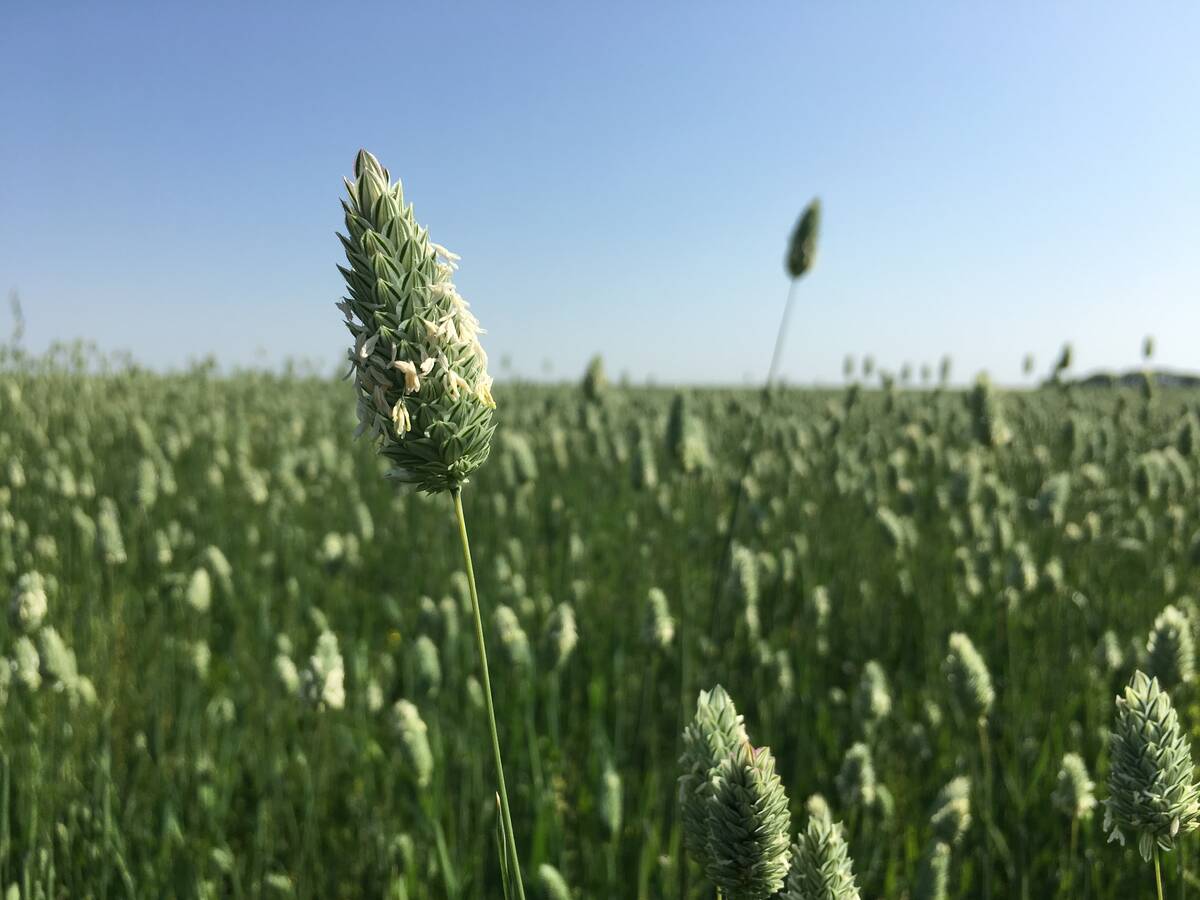Saskatchewan taxpayers already knew they wouldn’t get the second part of an education tax cut promised last year.
Municipalities already knew they wouldn’t see a promised increase in revenue sharing.
Reaction to last week’s provincial budget was largely acceptance that the government wasn’t about to repeat the spending of last year.
“It’s not where we’d like it to be,” said David Marit, president of the Saskatchewan Association of Rural Municipalities. “But we’ll work with the province and get through this and hopefully when we see some return to growth, our program funding would be enhanced again.”
Read Also

No special crop fireworks expected
farmers should not expect fireworks in the special crops market due to ample supplies.
The one-year delay of the education tax commitment freed up $53 million while deferring municipal revenue sharing, which was supposed to move to one full point of the provincial sales tax, saved $54.3 million.
Finance minister Rod Gantefoer said the government looked for other savings, and will reduce the size of the public service by 15 percent over the next four years. That will mean a cut of about 1,800 full-time-equivalent positions. This year, 530 positions will disappear through retirements and the elimination of vacant jobs.
“I really believe that there are opportunities for doing things smarter, better and in a more appropriate way,” said Gantefoer.
The government will take in an estimated $35.7 million from two revenue measures – increases in tobacco and alcohol taxes.
Cigarettes went up 2.7 cents each, or about 68 cents per package, immediately. The total provincial tax on a package is now $5.25.
The prices of spirits, wine and beer will increase April 1.
The government is forecasting revenue of $9.95 billion, including $1.1 billion from oil and $221 million from potash. That compared to last year’s potash income estimate of $1.9 billion, which never materialized. On the other hand, oil was projected to bring in $573 million but actually earned $1.09 billion.
Saskatchewan plans to spend $10.12 billion and claims a balanced budget with the help of a $194.2 million transfer to general revenue from the growth and financial security fund.















